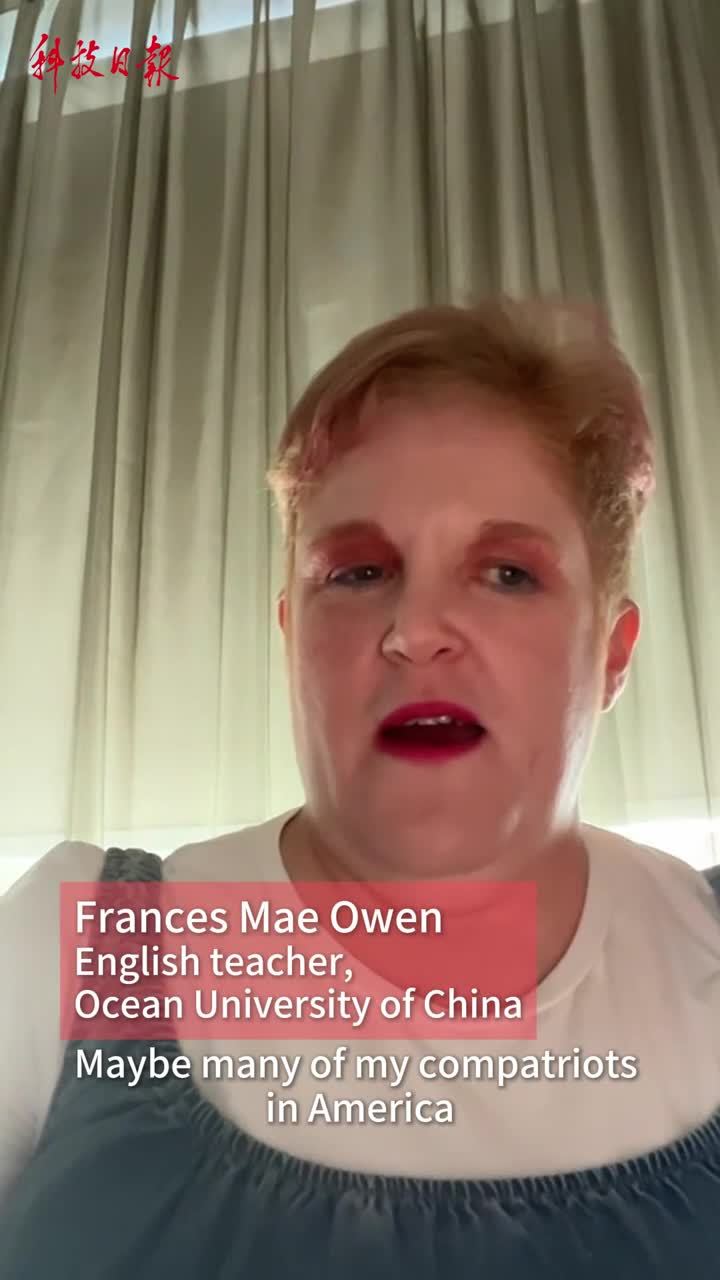Setting Standards for New Industries

Visitors learn the knowledge about mountains through the immersive projection system at a metaverse reading experience hall in Jiaxiang, east China's Zhejiang province. (PHOTO: VCG)
By?CHEN?Chunyou
A standardization plan to support the development of new industries was released by four departments on August 22, including the Ministry of Industry and Information Technology and the Ministry of Science and Technology.
Specifically, new industries refer to emerging industries and future industries that develop and expand with the application of new technologies. They are characterized by active innovation, technology-intensive development, and broad prospects, and are closely related to overall national socioeconomic development and the optimization and upgrading of industrial structure.
Standardization plays a fundamental role in leading the development of new industries. According to the plan, in emerging industries, the standardization focuses on eight sectors, including new generation information technology, new energy, new materials, high-end equipment, new energy vehicles, environmental protection, civil aviation, ships and ocean engineering equipment, while in future industries it prioritizes the metaverse, brain-computer interface, quantum information, humanoid robots, generative artificial intelligence, bio-manufacturing, future displays, future networks and new energy storage.
This plan aims to realize the goal in three steps. By 2025, the standard system supporting the growth of emerging industries will have been improved, and the standards that drive the innovative development of future industries are to be established at a more rapid pace.
The proportion of a common set of key technologies and application-oriented research projects with an established standard should reach 60 percent, so as to create an efficient synergy between standards and industrial sci-tech innovation.
In addition, China is expected to develop 2,000 new national and industrial standards, hoping to better stimulate the upgrading and high-quality development of each sector.
The participation in formulating international standards is also emphasized. A target of establishing 300 items and a conversion rate of 90 percent is expected in key areas, in order to support the development of these industries on the global stage.
Furthermore, by 2030, the standard system that meets the high-quality development needs of new industries will keep improving, and the standardization system will become more complete. By 2035, the supply of standards to meet the high-quality development needs of new industries will be more sufficient, and a new industry standardization system will be fully established.
To ensure smooth implementation of the plan, the country will intensify support from national science and technology projects and major industrialization projects, on the formulation of standardization. Meanwhile, related standardization institutes are encouraged to promote international talent exchanges, and build a specialized talent pool for this initiative.







